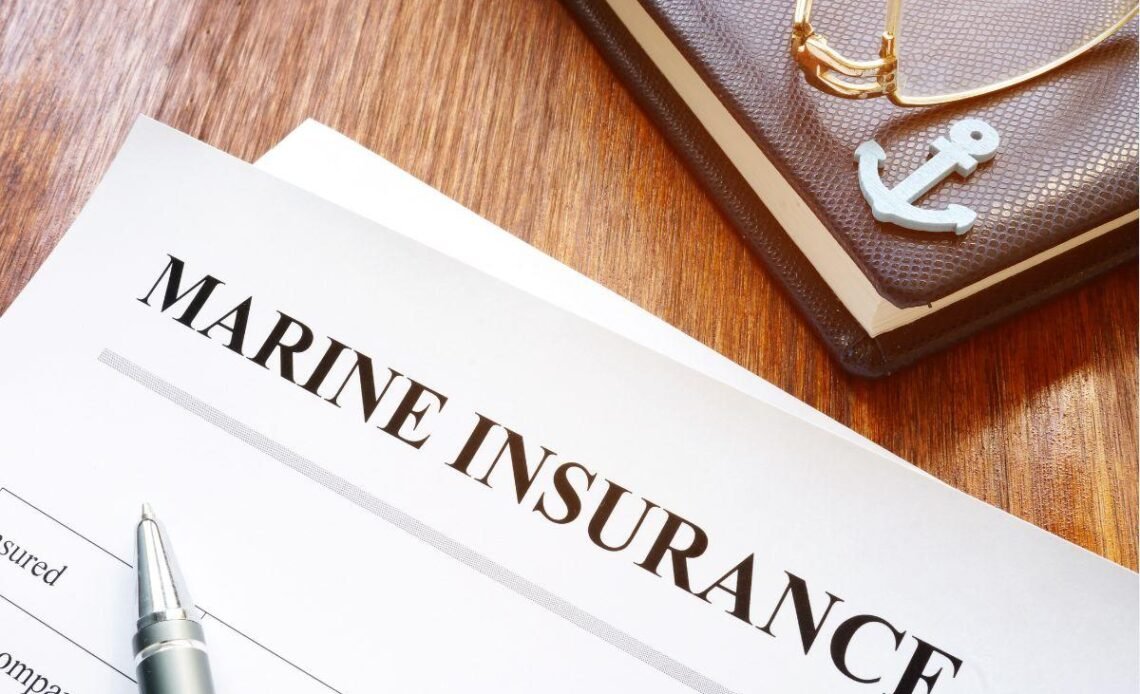Shipping goods across oceans isn’t just about getting from point A to point B. It’s a leap of faith. You trust the weather, the crew, the equipment, and even the ocean itself. But sometimes, things don’t go as planned. That’s where marine freight insurance steps in to save the day.
Think of marine freight insurance as your safety net. It’s there to catch you when unexpected things—like a storm, a misplaced container, or a little mishap on the dock—threaten your cargo. You’ve worked hard to get your goods ready for shipping, so why not make sure they’re protected?
Why Marine Freight Insurance Matters
Let’s say you’ve got a shipment of high-value electronics headed overseas. One big wave, and suddenly your cargo’s at the bottom of the ocean—or worse, it’s damaged just enough to be unsellable. Without insurance, you’re left holding the bag, financially and emotionally. That’s a tough spot to be in.
Marine freight insurance isn’t just about protecting stuff—it’s about protecting you. Your investments, your peace of mind, your business’s reputation—it’s all on the line. When you’ve got the right coverage, you’re not just shipping goods; you’re shipping confidence.
Breaking Down the Different Types
Not all policies are created equal, and that’s a good thing. Your needs aren’t one-size-fits-all, so your insurance shouldn’t be either. Let’s take a look at what’s out there.
- Open Cover Policies
If you’re shipping stuff all the time, this one’s for you. Open cover policies are like a “set it and forget it” solution for regular shippers. You don’t have to worry about getting insurance for every shipment because everything’s automatically covered under your terms. It’s a lifesaver for anyone juggling frequent shipments. - Specific Voyage Policies
Got a one-time shipment? Maybe it’s something valuable or unique. A specific voyage policy has your back. It’s customised for that one trip, giving you tailored protection from start to finish. Perfect for when you’ve got something precious to send and no room for “what-ifs.” - Time Policies
Time policies are all about flexibility. They cover you for a set period, usually a year, no matter how many shipments you’ve got going out. It’s ideal if you’re running a business with lots of moving parts. Think of it as your all-you-can-ship buffet of coverage. - Valued vs. Unvalued Policies
A valued policy sets the price of your cargo ahead of time, so if something happens, you know exactly what you’re getting. An unvalued policy? Well, that’s more of a “we’ll figure it out later” approach, based on market value. You decide what feels right for you. - All-Risk Policies
This is the big one—the “cover almost everything” option. Theft, damage, rough seas—you name it, an all-risk policy usually handles it. Sure, it’s a little pricier, but for high-value or fragile cargo, it’s worth every penny. - Named Perils Policies
Think of these as a more specific type of coverage. They only cover what’s explicitly listed in the policy—like fire or sinking. If you’re shipping goods with low risk, this can be a budget-friendly way to stay protected.
What Should You Look For?
Choosing the right marine freight insurance isn’t about picking the first policy that sounds good. It’s about making sure it fits your situation. Are you shipping fragile goods? Is your route known for bad weather? Do you need quick claims processing?
Take a close look at the fine print. Understand what’s covered—and what isn’t. If you’re not sure, ask questions. And don’t forget about those handy terms like cargo insurance, freight protection coverage, and shipping liability insurance. They’re key to finding what works for you.
Here’s Why It Matters
At the end of the day, marine freight insurance is about more than just policies and premiums. It’s about the peace of mind you get knowing you’re ready for whatever the ocean throws your way.
When you’ve got the right marine freight insurance, you’re not just protecting your goods—you’re protecting your business, your customers, and everything you’ve worked so hard to build.







